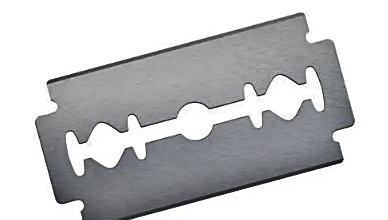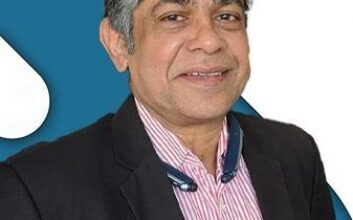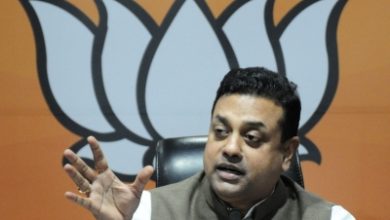
By D N Singh (Exclusive)
Bhubaneswar based AIIMS has gone for a tie-up with a Taiwan cyber giant for introducing Artificial Intelligence as the means to diagnose diseases at various levels including critical ailments.
Before that also several questions have cropped up whether AI would be solely dependable means for determinations. However, many experts world over have tried to deride such dependence on AI in the field of medicine or else, as not only utopian but it is an exercise to demean human intelligence and reduce human as subordinate to the AI.
The recent inclination of some towards the importance or necessity of the Artificial Intelligence to replace as a means to important diagnosis of diseases has raised many eyebrows among the experts in the field of medical science.
Moreover, some of them have gone to the extent of calling it a new tool to run down human intelligence or aimed at a finish in the future.
AI for rundown of human
The bigger question is whether the step at it is being taken as an obsessive compulsion can be traced through our culture: to run down human beings, talk us down from the traditional idea that we occupy a special place in the cosmos, cared for and anticipated by an intelligence beyond ours. Which sounds a bit utopian.
The compulsion, pending workouts, takes various forms. It includes the denial of our biological design, and of cosmological design. It includes the moral and legal equation of nonhumans animals with humans, and more.
Is it purely materialistic picture?
It paints an ugly, yet somehow powerfully seductive, materialist picture of men and women as unexceptional accidents of evolution.
According to Robert J. Marks who examines a major contemporary element in this obsession. It’s the myth that artificial intelligence (AI) is bound to overtake human intelligence, if it hasn’t done so already, achieving not o nly far faster computation than we’re capable of (long ago accomplished) but the pinnacle of what it means to be human: consciousness, feeling, free will, and creativity.
Dr. Marks, who leads Discovery Institute’s Bradley Center for Natural and Artificial Intelligence, knows full well the power of AI, having studied it for three decades. But he explains why it will never become conscious, or feel, or exercise free will, or be creative. Marks cites a verse from Psalms, that humans are “fearfully and wonderfully made” . The obsession with denying this fear and wonder, reflected in our design.
May destroy us also
Hype about AI is far from new. Already in the 1950s the New York Times confidently predicted that AI “will be able to walk, talk, see, write, reproduce itself and be conscious of its existence.” More recently, science and business stars such as Elon Musk, Stephen Hawking, and Bill Gates have warned that AI could plot to replace humans, or destroy us.
Baseless notions are being spread like a few days ago, Just a few days ago a Google engineer revealed that an AI chatbot disclosed to him that it had “ come to life and has a “ soul too.” And this is being taken seriously. Another Google engineer informed that “artificial neural networks are making strides towards consciousness.” Really? Robert Marks dismantles the hype and explains why computing — running algorithms — no matter how fast, is something fundamentally different from what human minds do. Computing machines store and sort vast quantities of information, but they don’t now and never will experience the qualia of life. To mimic, which AI can do, is something very different.






